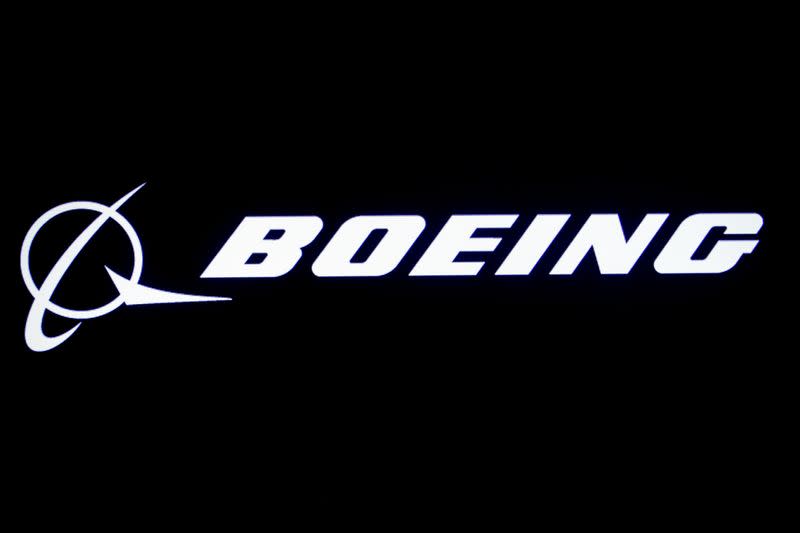Boeing launches data tool to chart path to net-zero emissions target

WASHINGTON (Reuters) - Boeing Co said on Wednesday it is rolling out a data modeling tool aimed at helping airlines and policymakers determine the quickest, most efficient path to reducing aviation emissions to zero by 2050.
The tool, known as Cascade, allows users to adjust different variables – such as the use of sustainable fuels or electric propulsion, the replacement of older-model aircraft, operational improvements and other advanced technologies – to better understand how those factors could result in decreases to carbon emissions over time.
Boeing unveiled a beta version of Cascade in July 2022 but it was not publicly available. Over the past year, the model has been improved so that users can project data out to 2050 instead of visualizing only a single point in time, the company said.
Boeing officials believe it will take a "collection" of technology or process changes to move the needle on emissions, Boeing Chief Sustainability Officer Chris Raymond said on Wednesday during an event hosted by the U.S. planemaker and attended by airline and government officials.
But Raymond added that sustainable aviation fuel provides the most immediate pathway for the aviation sector to cut its carbon footprint, as it can immediately be used by airlines while advances in electric or hydrogen-powered aircraft may not be mature enough to meaningfully reduce emissions ahead of 2050.
The public launch of Cascade comes just days after U.S. Transportation Secretary Pete Buttigieg met with counterparts from Canada, the United Kingdom and Singapore at the Asia-Pacific Economic Cooperation forum to discuss investments in sustainable aviation fuel.
On Tuesday, Reuters reported that European Union countries are set to finalize SAF targets for airports despite some pushback from airlines.
SAF – which is derived from waste feedstocks like cooking oil – remains expensive and scarce, with total SAF production in the United States in 2022 making up less than 0.1% of the total jet fuel used by major U.S. airlines, according to the Government Accountability Office.
“Our intent is to scale SAF and help it scale by first ... examining what has to change in an airplane to be 100% compatible with (SAF),” Raymond said. “We have to help advocate for the policies that will help the industry scale up (production).”
Boeing announced plans in February to double its SAF purchases in 2023, buying 5.6 million gallons of fuel from Neste.
(Reporting by Valerie Insinna in Washington; Editing by Matthew Lewis)

 Yahoo Finance
Yahoo Finance 